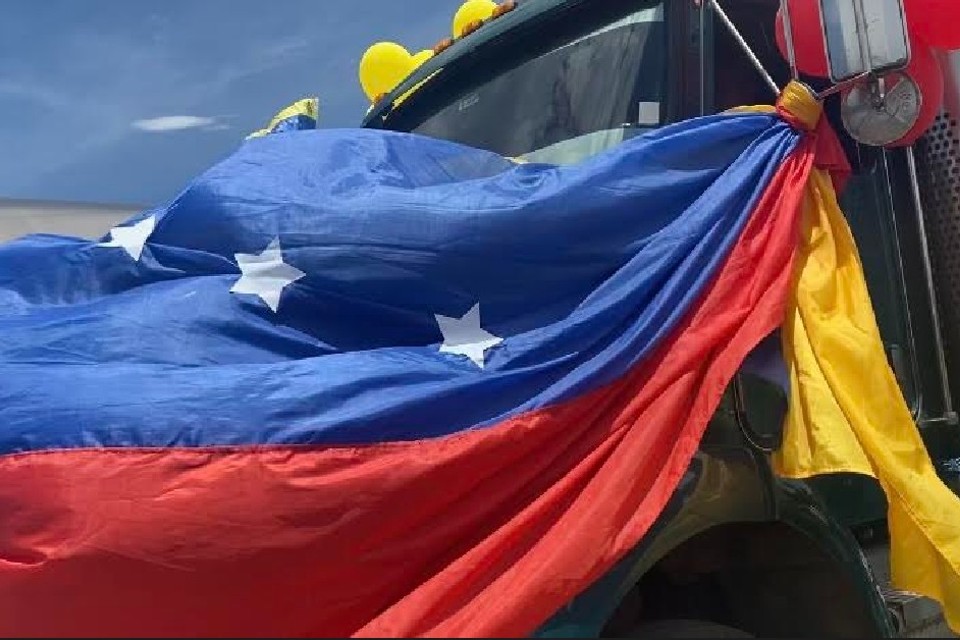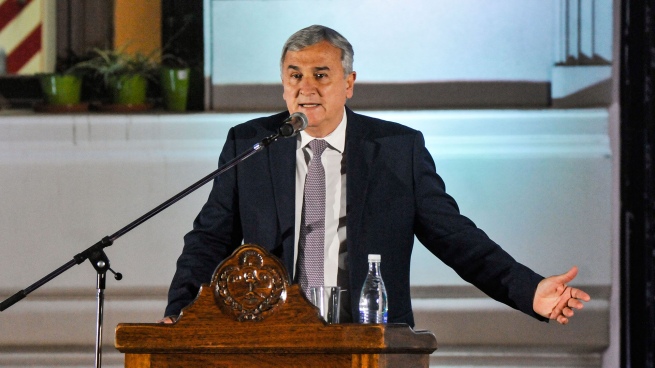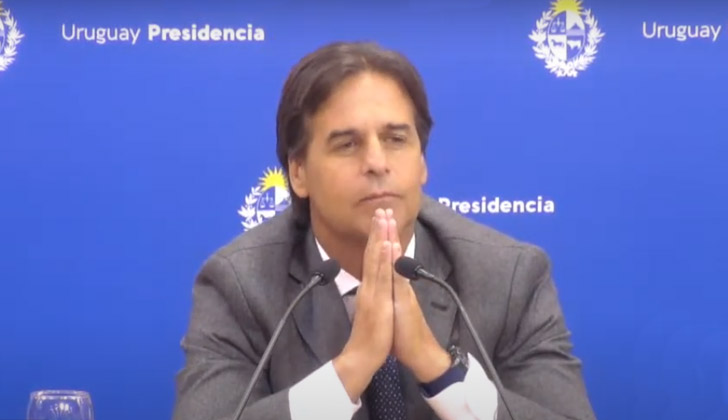With the resumption of trade relations between Venezuela and Colombia, the people on the Simón Bolívar bridge gave their opinion on the matter. Citizens on the Colombian-Venezuelan border agreed that they will not see benefits
Text: Lorraine Bornacelly
With the entry of trucks from Venezuela to Colombia and vice versa, the border was reopened, at least commercially. This exchange was suspended in 2019 when Nicolás Maduro broke diplomatic relations with Colombia, after the attempted entry of humanitarian aid.
Although ranchers, unions and businessmen celebrate this commercial reopening, citizens have different and conflicting opinions about what this event represented, for which the president of Colombia, Gustavo Petro, even reached the border with Venezuela to witness the resumption of commercial activities in what was called the liveliest border in all of Latin America.
For Rosa Vera, an apple seller on the border, the situation could be positive if there were no longer any limitations to enter or leave Venezuela; that is, if it could be traveled without any inconvenience, in vehicles or on foot.
“That they really open it is what we want, this reopening was not total and less real because the beneficiaries are the trucks companies and that’s it. How is scrap going to benefit us? It is not fair because what we want is for us to be able to come by bus and not walk or those who have a car to do the same. This is a show I don’t know why because people are still in the same “, he told El Pitazo.
*Also read: Battistini on reopening the border: In economic matters there are “more doubts than certainties”
And it is that the commercial reopening only suggests that heavy cargo carriers will be able to cross the bridges and that Venezuela and Colombia will be able to import and export different products, but at least for now, the transit of private vehicles is not contemplated. Even Víctor Bautista, secretary of borders for Norte de Santander, indicated that the annulment of the Border Mobility Card, which allows Venezuelans to enter Colombia on foot, has not yet been discussed.
In this regard, Justo González, a forklift operator on the Simón Bolívar bridge, assured that he did not understand what commercial exchange is about, if small businessmen or entrepreneurs do not have how to transact with businesses in Colombia. He considers that it is a benefit for large companies and not for everyone.
“I would like to dedicate myself to selling caps and straps in Ureña, Venezuela, but I cannot pass a truck with merchandise because there is no information on when or where it can be done. The governments agreed with companies and gave them the privilege, but it is not real that there is an open commercial relationship, it is only for a very few,” said the man, a native of Caracas who migrated to La Parada, Colombia, to work.
*Also read: Petro on reopening the border: “Behind is a suicide that must not be repeated”
During the return of President Petro, in the middle of the bridge there were those who yelled at him to really open the border. There were also those who shouted: “Petro did comply”, referring to the electoral promise to open the border crossings.
The act of entry and exit of trucks concluded without further details from Venezuelan or Colombian authorities about whether it will be daily, weekly or what will be the dynamics that traffic will have from now on.
However, for pedestrians, Migration Colombia modified the transit schedule to their country, so that from today, September 26, people will be able to cross from 6 in the morning until 9 at night and not until 5 in the afternoon as was previously.
Post Views:
19








